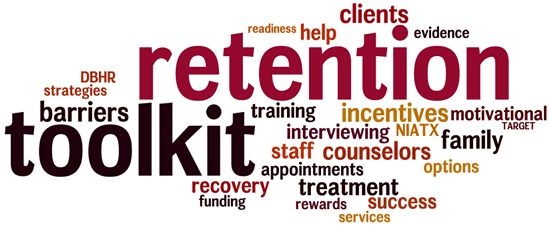Recovery: The Journey to Becoming Who We Never Were
"I just want to be the person I was before addiction."
Yeah, about that... Let's talk about why that's the worst idea since trying to negotiate with your dealer at 3 AM. That person you're so nostalgic about? They're the one who got you into this mess in the first place. Sorry, not sorry.
I'm both a recovering addict and a substance use disorder counselor, which basically means I went from being the problem to helping solve it. Talk about a plot twist, right?
Here's the thing about recovery that nobody tells you in those glossy rehab brochures: it's not about finding yourself – it's about creating yourself. While everyone else is out there trying to "discover their authentic self" (whatever that means), we're in the trenches building ourselves from scratch, like some kind of sober Frankenstein's monster, except with better coping skills and fewer villagers with pitchforks.
Let's be real – addiction didn't steal who we were; it revealed who we needed to become. That's the dirty little secret of recovery that makes people uncomfortable at dinner parties. We're not trying to go backwards to some imagined golden age of our lives. We're fumbling forward, creating something entirely new, probably making a mess of it sometimes, but hey – at least we're conscious for it now.
You want to know what recovery really looks like? It's showing up to therapy wearing yesterday's clothes because you had a breakthrough at 2 AM and couldn't sleep. It's laughing inappropriately during group sessions because someone's rock-bottom story involves a stolen garden gnome. It's realizing that your emotional growth was stuck at whatever age you started using, and now you're basically a teenager in an adult body, learning how to human all over again.
But here's where it gets good.
Every day you stay sober, you're building something unprecedented – a version of yourself that never existed before. Your brain is literally rewiring itself, creating new neural pathways that don't lead to your dealer's house. That's not just recovery; that's evolution, baby.
To my fellow recovering souls: your path won't look like anyone else's, and that's perfect. Maybe you're the one making inappropriate jokes in group therapy (guilty as charged), or maybe you're the one journaling so intensely you've developed carpal tunnel. Either way, you're doing it right because you're doing it at all.
And to the professionals working in this field: remember that behind every eye roll, beneath every defense mechanism, there's someone desperately trying to build themselves a new life with tools they're just learning how to use. It's like watching someone try to assemble IKEA furniture without instructions – frustrating, sometimes hilarious, but ultimately worth it.
Recovery isn't about returning to who you were. It's about becoming who you never had the chance to be. It's about building something new from the rubble of who you used to be, and maybe keeping a few of the funnier war stories to share at meetings.
Because at the end of the day, recovery isn't just about staying clean – it's about creating a life so good you don't need to escape from it. And sometimes, that means embracing the chaos, finding humor in the darkness, and realizing that the person you're becoming is far more interesting than the person you're trying to remember.
So here's to not being who we were. Here's to being who we never were – but always had the potential to become. And here's to laughing about it along the way, because if we can't find humor in this journey, we're doing it wrong.
Keep going. Keep growing. Keep laughing. The person you're becoming is waiting to meet you.
-Belle-















